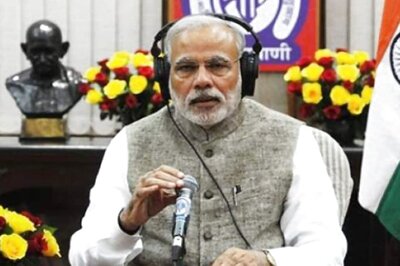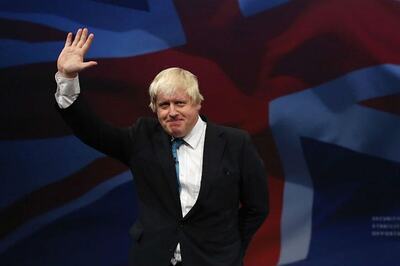
views
PUDUCHERRY: A seminar on immunisation has raised concern about the safety, efficacy and appropriateness of the pantevalent vaccines which will replace the trivalent vaccine (DPT). Speaking at the seminar organised by Scientific and Academic Forum (SAF) of the Mahatma Gandhi Medical College & Research Institute (MGMC&RI), Puducherry, along with the Puducherry Chapter of the International Medical Sciences Academy on current controversies in medical practices here on Monday, Dr Srinivasan,head, department of paediatrics, JIPMER, exressed concern over introducing the new vaccine in our country based on research done in developed countries. He said that only 44 - 59 per cent of children were completely immunised with routine vaccines which prevent the notorious six killer diseases. The mandate and wisdom of issuing such a directive, for a disease that has little potential of becoming a pandemic, needs to be pondered upon.The pentavalent vaccine combines antigens against five diseases targeted through vaccination in children - diphtheria, pertussis, tetanus (DPT), hepatitis B and Haemophilus Influenza type B (HIB). The programme has been planned in 10 states, starting with Tamil Nadu and Kerala in the coming month. The vaccine has been included in the immunisation programme based on a WHO mandate .Expressing concern about the pentavalent vaccine which was introduced in the national immunisation programme in Sri Lanka in January 2008 but was withdrawn in April due to serious adverse reactions that included five deaths, he said that it needed to be considered whether the vaccine could risk the lives of the country’s babies, because there are doubts on the quality of vaccines the WHO is pitching for. It could push the government into heavy financial commitments and put the nation’s health sector more firmly under the control of agencies outside India. The financial burden on the six vaccines given now is `200 crore annually, while the pantavelant vaccine would cost `1200 crore, once the subsidy is withdrawn after three years. “Why should we go for something that is several times costlier, when we are unable to even administer the existing vaccines to all the babies? There is a much greater burden in India on several other diseases as compared to HIB . He pointed out that epidemiological data on pathogen prevalence, strains, level of immunity against them with or without immunisation is not available for various populations in India. This has greatly affected policy decisions on immunization.“ Though vaccines are useful tools in preventing morbidity and mortality due to infectious diseases, they cannot be a substitute to safe drinking water, better sanitation and improvement of nutrition in children. Exclusive breast feeding can be the best immunisation a child could get free of cost and without any side effects,” he said. Finally he stressed on the importance of maximising coverage and sustainability of routine vaccination programme at the national level by the government. A Parthasarathy, distinguished professor of pediatrics,Tamil Nadu Dr MGR Medical University, Chennai also spoke.




















Comments
0 comment